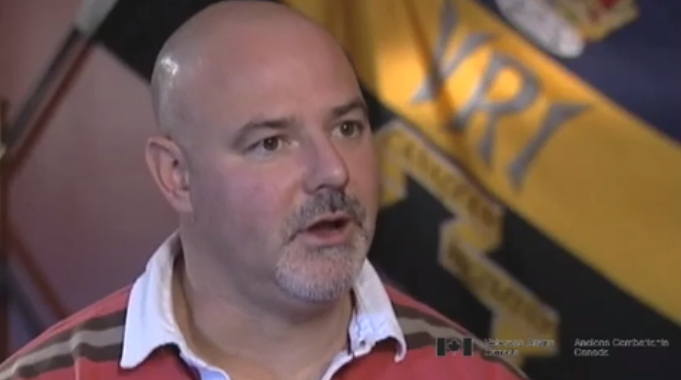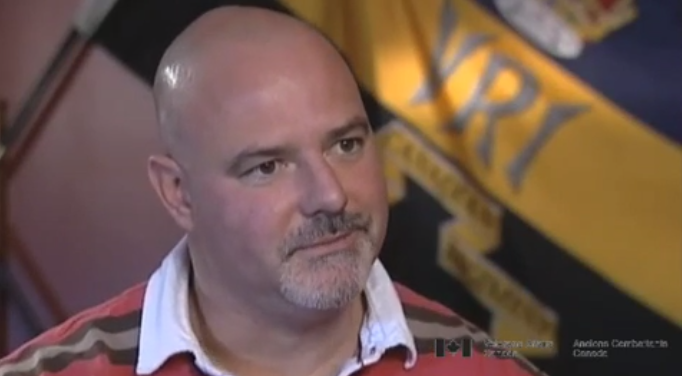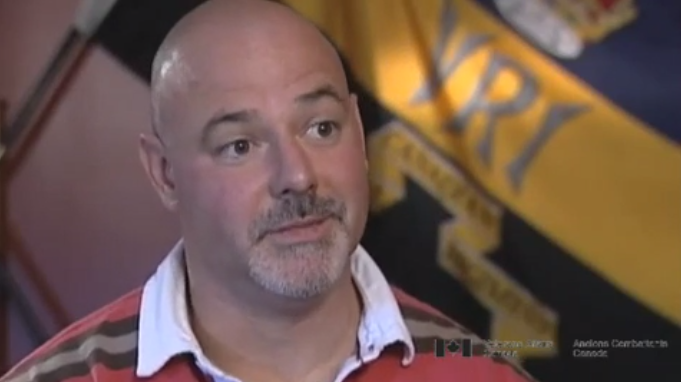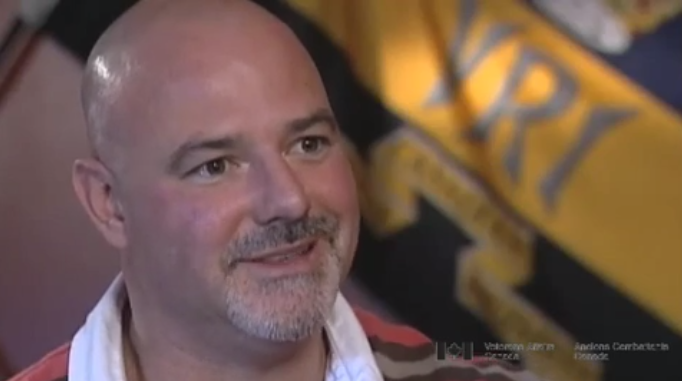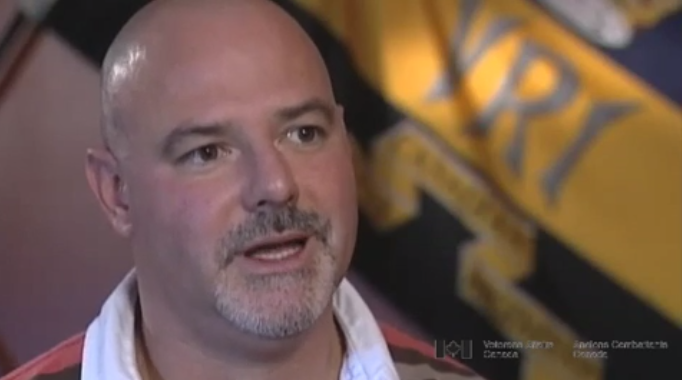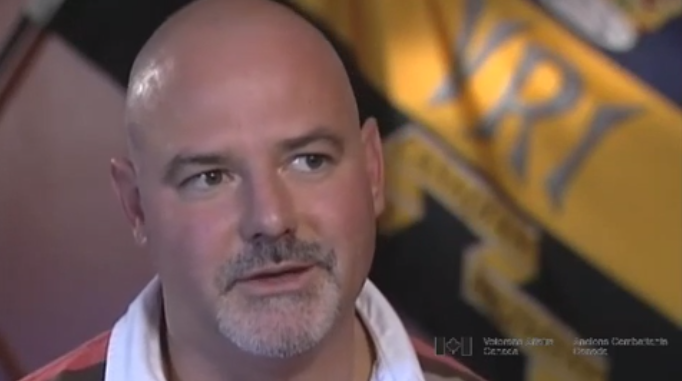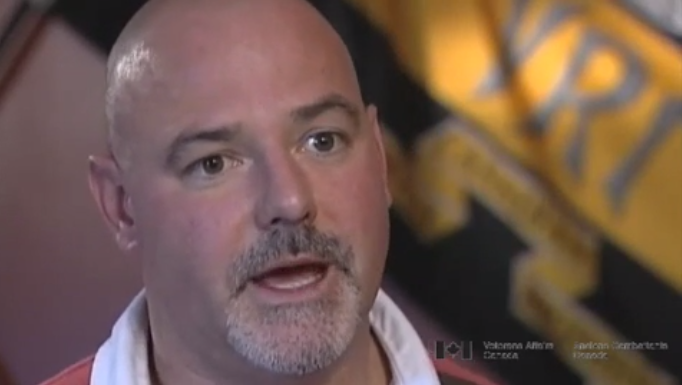Hearing the Snap of a Bullet
Heroes Remember
Hearing the Snap of a Bullet
Transcript
Description
As a peacekeeper, Mr. MacDonald describes his experiences under the rules of engagement and the inability to fire back.
Ross MacDonald
Mr. Ross MacDonald was born April 4, 1967 in Peterborough, Ontario. His parents immigrated from the United Kingdom to Canada in 1960. After graduating from high school, Ross tried the college life, but because of his interest in the outdoors and strong involvement in sports he decided to join the army. At age 20, he joined the Canadian Armed Forces in Petawawa, Ontario joining 3 Royal Canadian Regiment. As part of his training, Mr. MacDonald travelled and lived in Germany for two years. In 1992, Mr. MacDonald joined 3 RCR November Company Group on a tour to Sarajevo to provide humanitarian aid and supplies to the besieged city. Because of his service, Mr. MacDonald was awarded the Commander-in-Chief Commendation. Due to medical release, Mr. MacDonald left the military, but continued to work with the soldiers needing support under the OSSIS program, a government position he holds today.
Meta Data
- Medium:
- Video
- Owner:
- Veterans Affairs Canada
- Duration:
- 2:11
- Person Interviewed:
- Ross MacDonald
- War, Conflict or Mission:
- Canadian Armed Forces
- Location/Theatre:
- Sarajevo
- Branch:
- Army
- Units/Ship:
- Royal Canadian Regiment
- Rank:
- Corporal
Related Videos
- Date modified:



